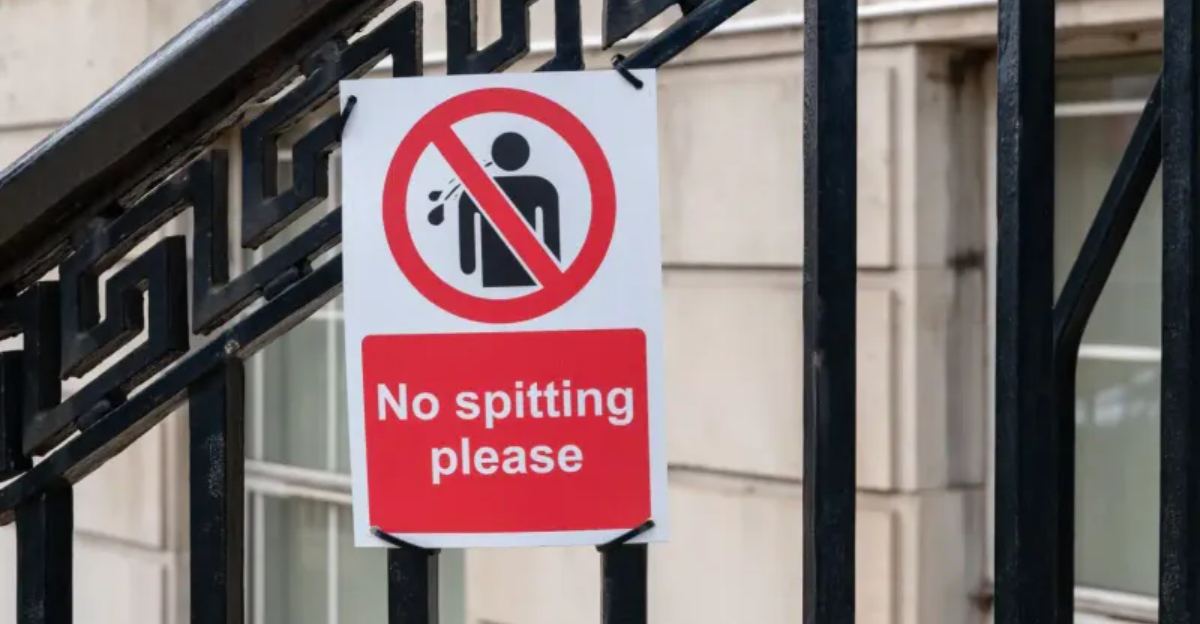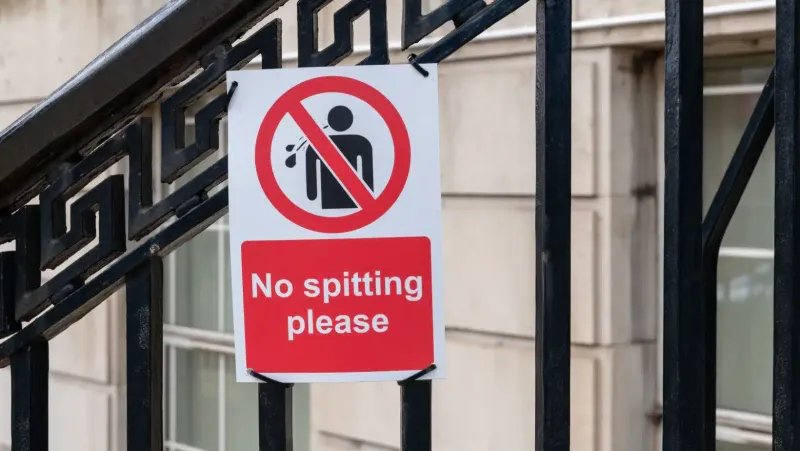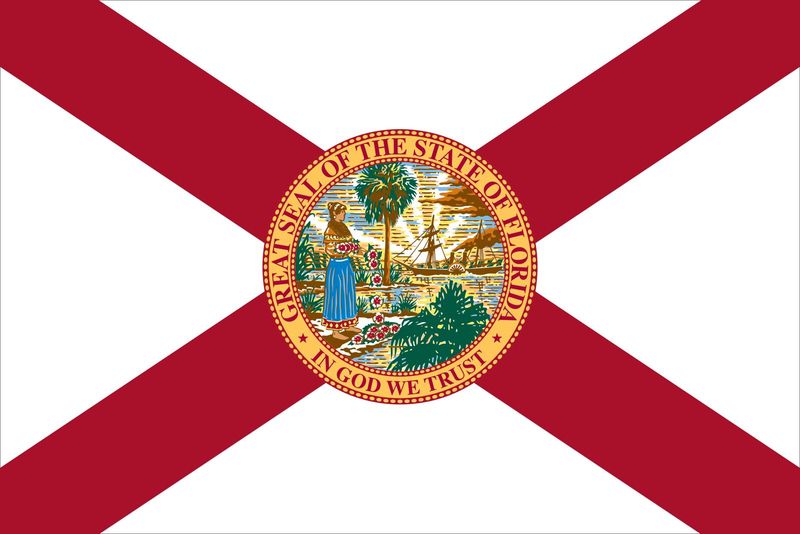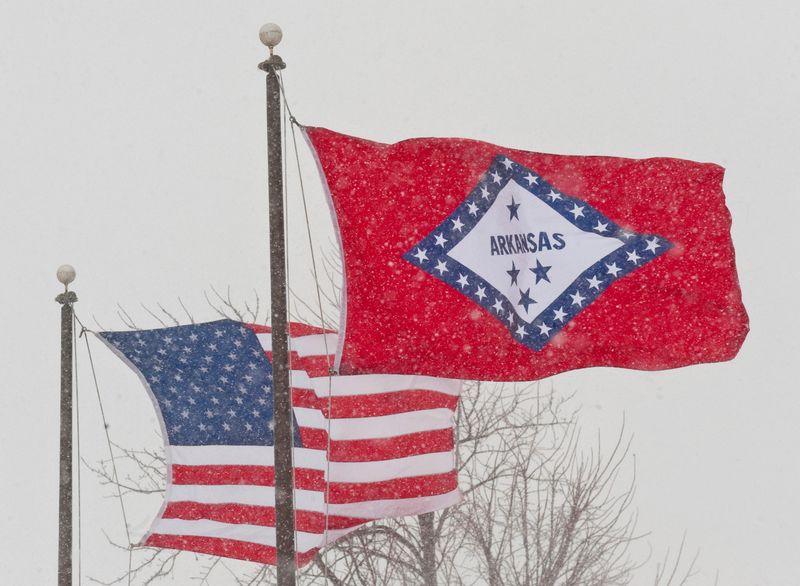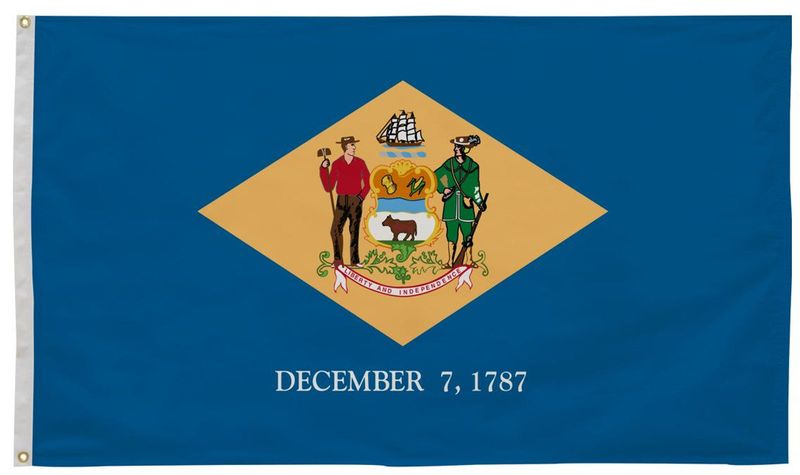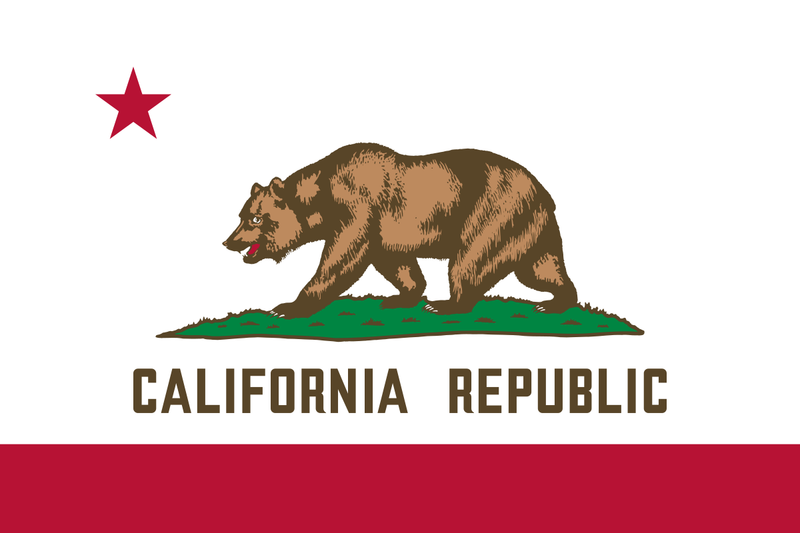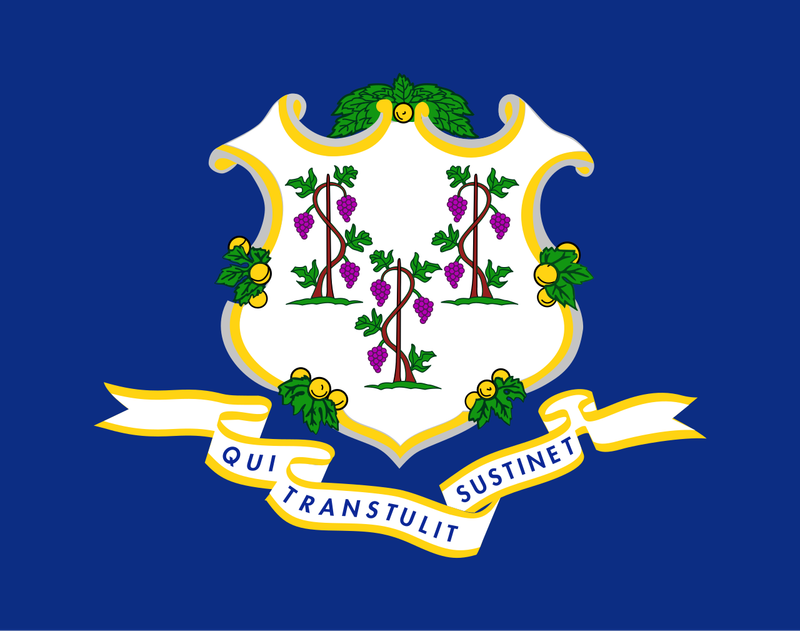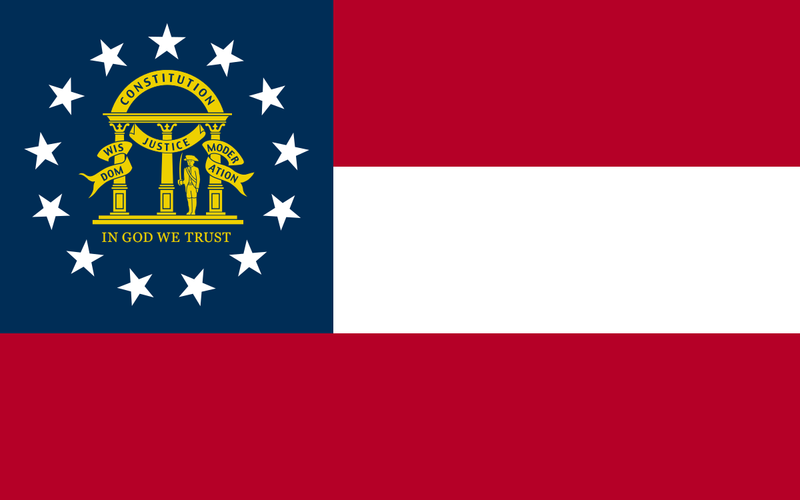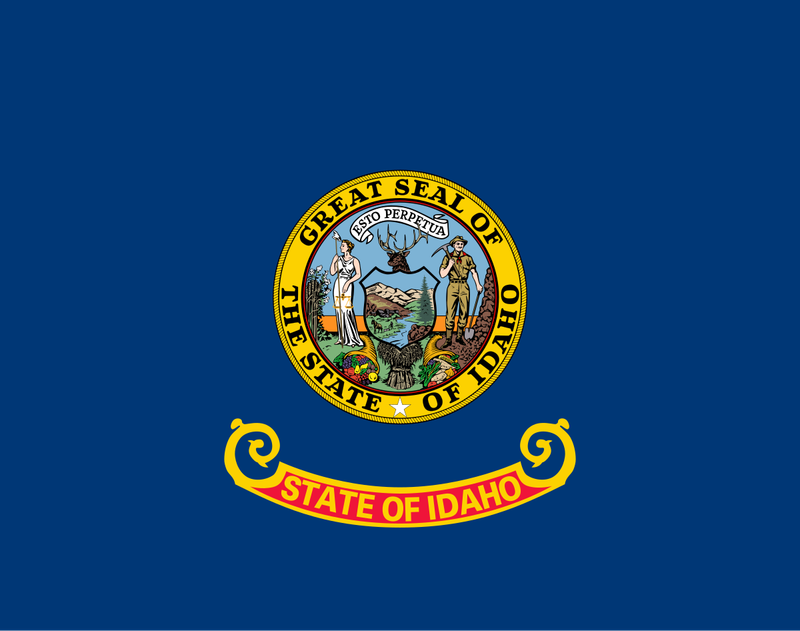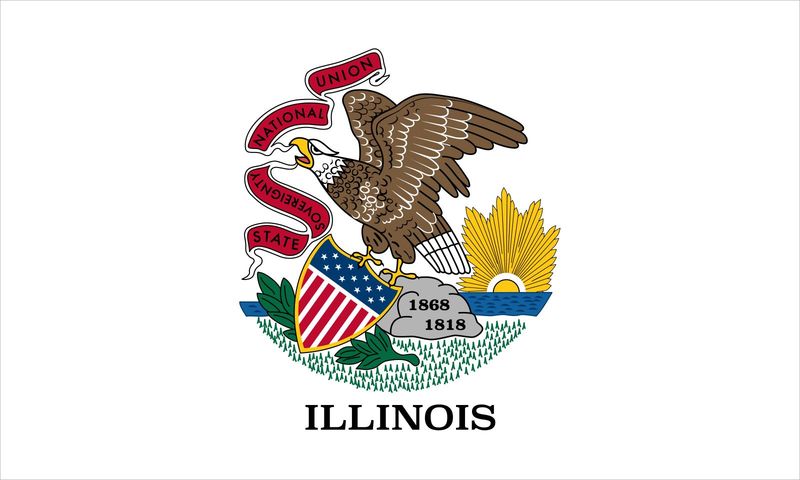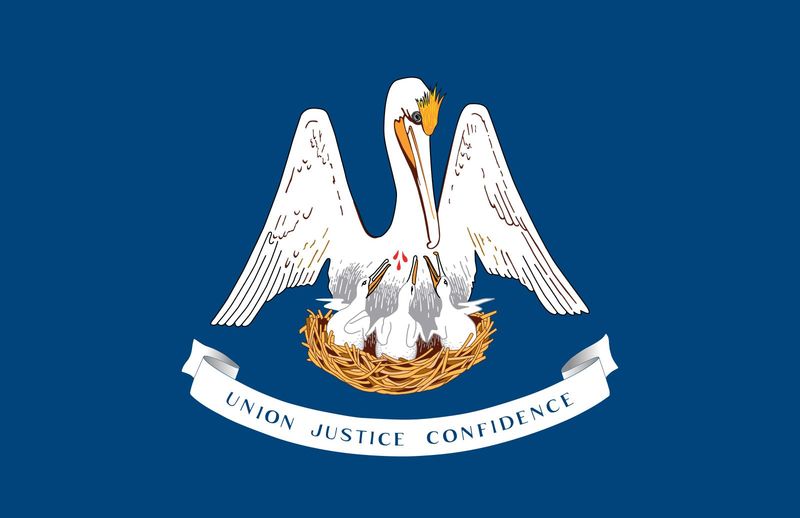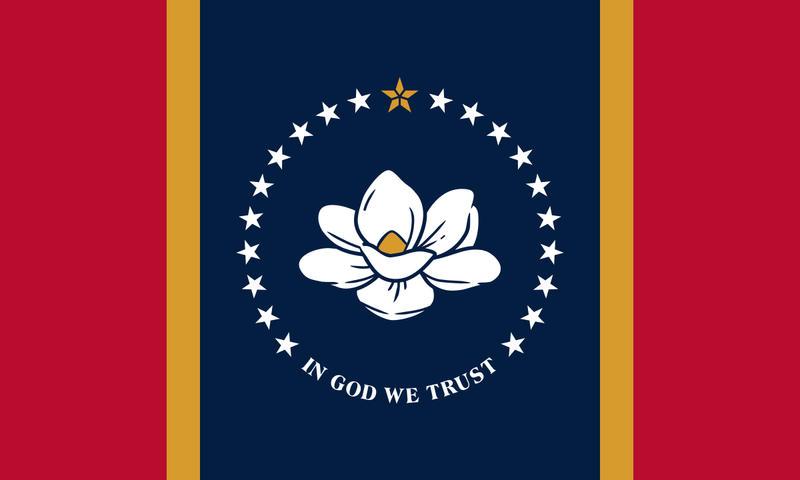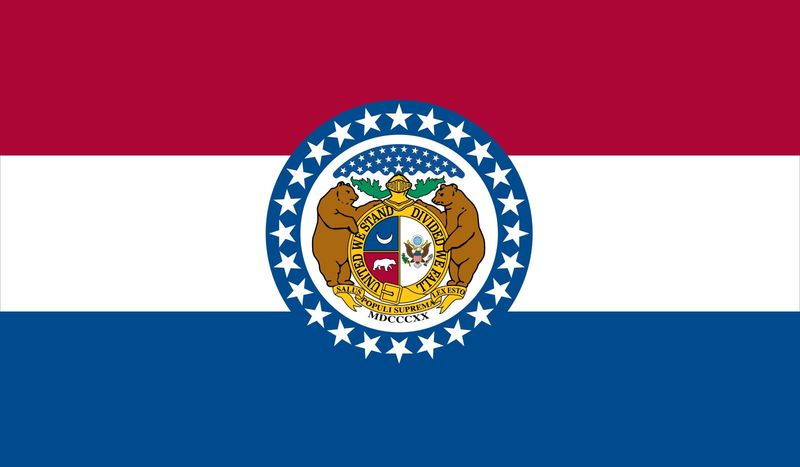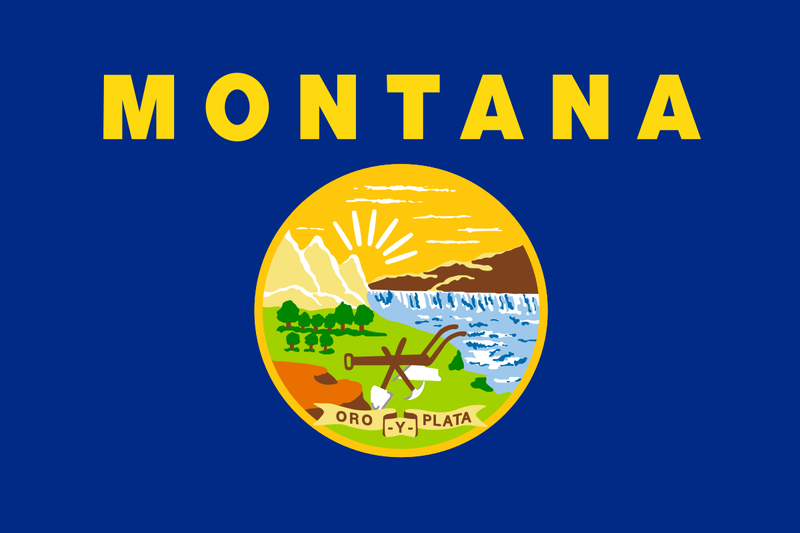The United States is a vast country, and with its size comes a wide array of quirky and peculiar laws. Some of these are remnants from a bygone era, while others are still actively enforced today.
These laws often reflect the unique cultures, traditions, and histories of the different states. From prohibitions on certain activities to unusual mandates, these laws are sure to fascinate and amuse.
Let’s explore some of the most unusual and strange state laws that are still on the books across the nation, providing a glimpse into the peculiarity of local legislation.
1. Arizona: No Spitting in Public
In Arizona, spitting in public places is prohibited. This law reflects an effort to maintain hygiene and cleanliness in public areas. Spitting can spread germs and create unsightly conditions, so the law aims to promote public health.
While spitting may not seem like a major offense, it’s taken seriously in Arizona’s cities and towns. Those caught in the act could face fines, a testament to the state’s commitment to maintaining a pleasant environment for all.
This law is just one example of how states can enforce public health measures to improve community well-being.
2. Florida: Parking Fees
In Florida, it’s illegal to charge parking fees for vehicles that display a disabled parking permit. This law underscores the state’s commitment to accessibility and inclusivity for individuals with disabilities.
By waiving parking fees, Florida ensures that people with mobility challenges can enjoy public spaces without financial barriers. This regulation reflects the broader values of equality and support for all citizens.
It aims to remove obstacles that might prevent individuals from participating fully in community life. Floridians take pride in fostering an inclusive environment where everyone has the opportunity to enjoy the state’s natural beauty and attractions.
3. Arkansas: Mispronouncing ‘Arkansas’
In Arkansas, it’s illegal to mispronounce the state’s name. The law mandates that ‘Arkansas’ should be pronounced ‘Ark-an-saw,’ and not ‘Ark-an-sas.’ This legislation aims to preserve the correct pronunciation and respect for the state’s name.
Although the law is rarely enforced with penalties, it reflects the pride Arkansans have in their state’s identity. It’s an interesting quirk that showcases the importance of tradition and cultural heritage in the region.
For visitors, it’s a gentle reminder to respect local customs and avoid linguistic faux pas when discussing the state’s name.
4. Delaware: Trick-or-Treat Curfew
In Delaware, a trick-or-treating curfew is enforced to ensure the safety and security of children during Halloween. The law specifies that children must finish their trick-or-treating activities by 8 PM.
This regulation helps parents and law enforcement manage the evening more effectively. The curfew reflects the community’s dedication to creating a safe environment for festive activities.
It also underscores the importance of balancing tradition with safety in holiday celebrations. Delaware’s approach ensures that Halloween remains a fun and joyful experience for families while minimizing potential risks associated with nighttime activities.
5. California: Sunshine Law
California’s Sunshine Law mandates that governmental meetings and documents be open to the public. This transparency law is designed to ensure accountability and openness in government activities.
By allowing citizens access to meetings and records, the law fosters a more informed and engaged public. This initiative reflects California’s progressive approach to governance, emphasizing transparency and public participation.
While it may not be as whimsical as some other laws, it’s a shining example of democracy in action. Californians take pride in their ability to hold government officials accountable through such open-access policies.
6. Connecticut: Pickles Must Bounce
In Connecticut, the law once required that pickles must bounce to be considered fit for sale. This peculiar regulation was enacted after two sellers were caught selling pickles that were unfit for consumption.
The bounce test became a humorous yet effective method to ensure quality control. While this law isn’t actively enforced today, it remains a part of Connecticut’s quirky legal history.
It serves as an example of how sometimes unconventional methods are employed to solve everyday problems. The pickle bounce requirement has become a fun anecdote shared among locals and visitors alike.
7. Georgia: Chicken Handling
In Georgia, it’s illegal to handle chickens in a way that might frighten them. This unusual law reflects the state’s agricultural roots and emphasis on animal welfare. Chickens are a vital part of Georgia’s farming economy, and stress can negatively impact their health and productivity.
The law serves as a reminder of the importance of treating animals with care and respect. It’s an example of how agricultural states implement specific regulations to protect livestock and ensure ethical farming practices.
Georgia’s commitment to animal welfare is evident in this unique piece of legislation, showcasing the state’s dedication to responsible farming.
8. Alaska: Moose and Airplanes
In Alaska, it’s illegal to push a live moose out of a moving airplane. This bizarre law might make you chuckle, but it was likely put in place to protect the enormous creatures that roam the Alaskan wild.
Moose are an iconic part of Alaska’s fauna, and any threat to their wellbeing is taken seriously. This law highlights the unique challenges faced in areas where wildlife and human activities intersect.
While not a common issue, the law emphasizes Alaska’s commitment to safeguarding its wildlife. Visitors and residents alike are reminded of the importance of coexisting peacefully with nature.
9. Colorado: Boulders on Public Property
In Colorado, it’s illegal to place boulders on public property without permission. This law likely stems from the state’s rugged terrain and the potential hazards boulders might pose.
It’s a measure aimed at ensuring safety and maintaining public spaces for recreational use. Boulders can be dangerous if not properly secured, posing risks to park-goers and wildlife.
Consequently, the law helps regulate what can and cannot be altered in public places. Residents and visitors are encouraged to enjoy Colorado’s natural beauty responsibly, respecting regulations that ensure the safety and enjoyment of all.
10. Alabama: No Dominoes on Sundays
In Alabama, there’s a peculiar law that prohibits playing dominoes on Sundays. This legislation is a remnant of the Blue Laws, which were designed to enforce religious standards, particularly observance of Sunday as a day of worship or rest.
While it may seem odd today, these laws were once commonplace across the United States. The intent was to encourage families to focus on church and family activities instead of leisure pursuits like dominoes.
Although few people may find themselves fined for playing a round of dominoes now, the law is still technically in effect. It serves as a reminder of Alabama’s rich cultural history.
11. Hawaii: Billboards
In Hawaii, billboards are banned to preserve the islands’ natural beauty. This law reflects Hawaii’s dedication to protecting its stunning landscapes from visual pollution. By prohibiting billboards, the state ensures uninterrupted views of its beaches, mountains, and tropical scenery.
This legislation highlights the importance of maintaining the aesthetic appeal that attracts millions of tourists each year. Hawaii’s decision to limit commercial advertising aligns with its broader environmental values.
Residents and visitors alike appreciate the unobstructed vistas that make the islands a true paradise. The ban on billboards is a testament to Hawaii’s commitment to preserving its unique charm.
12. Idaho: Cannibalism
In Idaho, cannibalism is illegal except in extreme circumstances where survival is at stake. This law is one of the few in the United States that explicitly addresses cannibalism, reflecting the state’s serious approach to this taboo subject.
While it’s unlikely to be a common concern, the law provides clear boundaries regarding acceptable behavior in dire situations. It serves as a precautionary measure, ensuring that such acts are not taken lightly.
This legislation is a curious part of Idaho’s legal framework, demonstrating how states can address even the most unusual issues with clarity and foresight.
13. Illinois: No Fancy Car Plates
In Illinois, it’s illegal to have personalized license plates that contain offensive or indecent language. This law ensures that all drivers comply with standards of decency and respect on the roads.
Personalized plates are popular, but the state maintains strict guidelines on what is permissible. The regulation reflects Illinois’s commitment to promoting civility and good taste in public spaces.
It also emphasizes the importance of maintaining a respectful community atmosphere. Drivers looking to express themselves through their plates must do so within the boundaries of the law, highlighting a balance between individuality and societal standards.
14. Louisiana: Crawfish Theft Penalty
In Louisiana, stealing crawfish is a serious offense, punishable by hefty fines or even jail time. This law reflects the cultural and economic significance of crawfish in the state, where it is a beloved culinary delicacy.
The regulation underscores the importance of protecting local industries and deterring theft. By imposing strict penalties, Louisiana ensures that this vital part of its cultural heritage is preserved.
The law highlights the state’s commitment to safeguarding its unique traditions and supporting the local economy. Residents take pride in this aspect of their culinary legacy, valuing the measures taken to protect it.
15. Maine: Christmas Decorations
In Maine, Christmas decorations must be taken down by January 14th. This law ensures that neighborhoods maintain a tidy appearance after the holiday season. While it may seem trivial, the regulation reflects the community’s commitment to aesthetics and orderliness.
The law encourages residents to celebrate the holidays enthusiastically yet responsibly, ensuring a seamless transition back to everyday life. By setting a specific date, Maine helps prevent lingering decorations from becoming eyesores.
This law is a testament to the state’s dedication to preserving the charm and beauty of its towns, fostering a sense of pride among its residents.
16. Maryland: Oyster Theft
In Maryland, oyster theft is a significant offense, reflecting the importance of oysters to the state’s economy and ecology. Oysters are not only a delicacy but also play a crucial role in maintaining water quality and marine habitats.
The law imposes strict penalties on those caught stealing oysters, highlighting the need to protect this valuable resource. It underscores Maryland’s commitment to environmental conservation and the sustainability of its natural resources.
By enforcing such regulations, the state ensures that future generations can continue to enjoy the bounty of the Chesapeake Bay while supporting local industries.
17. Mississippi: Public Drunkenness
In Mississippi, public drunkenness is prohibited, with strict penalties for those who violate the law. This regulation aims to maintain public order and safety, ensuring that community events remain enjoyable for everyone.
The law reflects Mississippi’s commitment to fostering a respectful and friendly environment within its towns and cities. It highlights the importance of personal responsibility and consideration for others in public spaces.
By enforcing these standards, Mississippi promotes a sense of community and hospitality, encouraging residents and visitors to partake in celebrations responsibly and respectfully.
18. Missouri: Bear Wrestling
In Missouri, bear wrestling is illegal, a law that underscores the state’s commitment to animal welfare. This prohibition reflects broader societal shifts towards more humane treatment of animals.
Bear wrestling, once a popular form of entertainment, is now recognized as cruel and inhumane. The regulation serves as an important reminder of the progress made in animal rights.
Missouri’s law aligns with modern values, emphasizing compassion and respect for all living creatures. It highlights the state’s dedication to ethical standards, demonstrating a commitment to ensuring that entertainment no longer comes at the expense of animal welfare.
19. Montana: Guiding Sheep
In Montana, it’s illegal for a man to guide a flock of sheep down a public street without a chaperone. This quirky law likely stems from historical concerns about livestock management in public areas.
While not strictly enforced today, it remains a fun part of Montana’s legal heritage. The law reflects the state’s agricultural roots and the challenges of rural life in bygone eras. It serves as a charming reminder of how communities once navigated the complexities of livestock and urban coexistence.
Montana’s sheep guiding law adds a touch of rural whimsy to the state’s legislative landscape.
